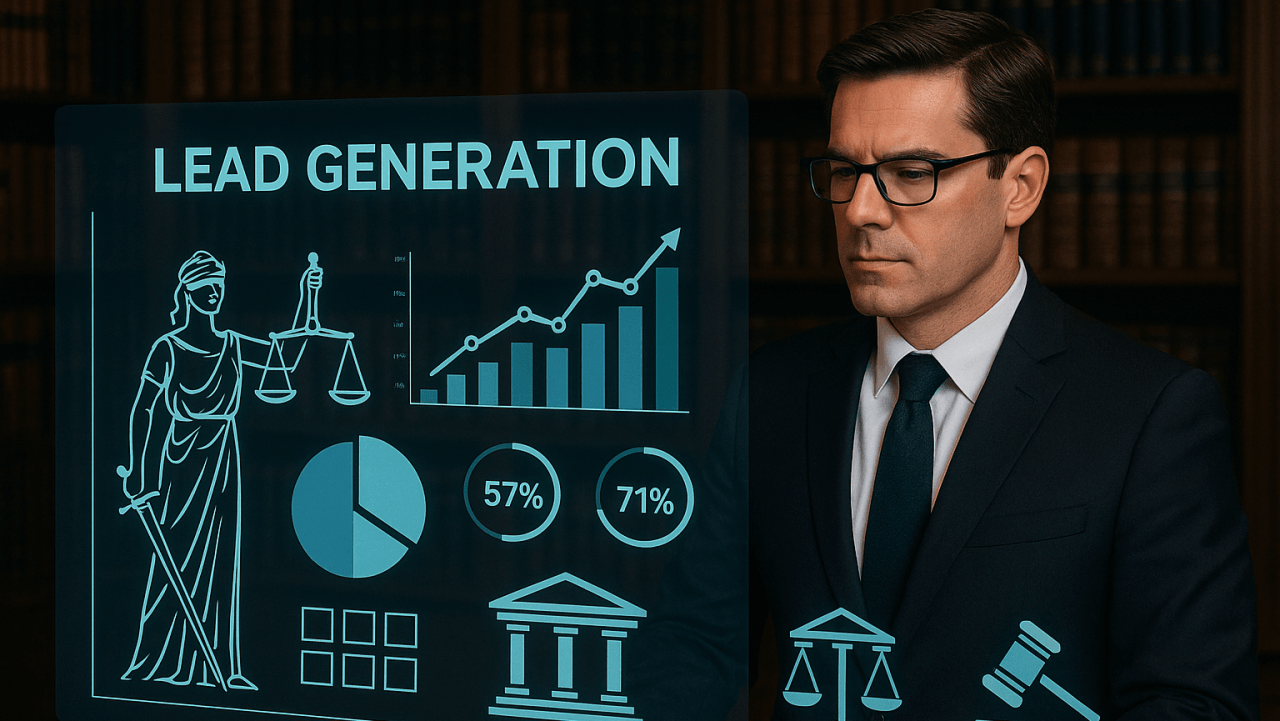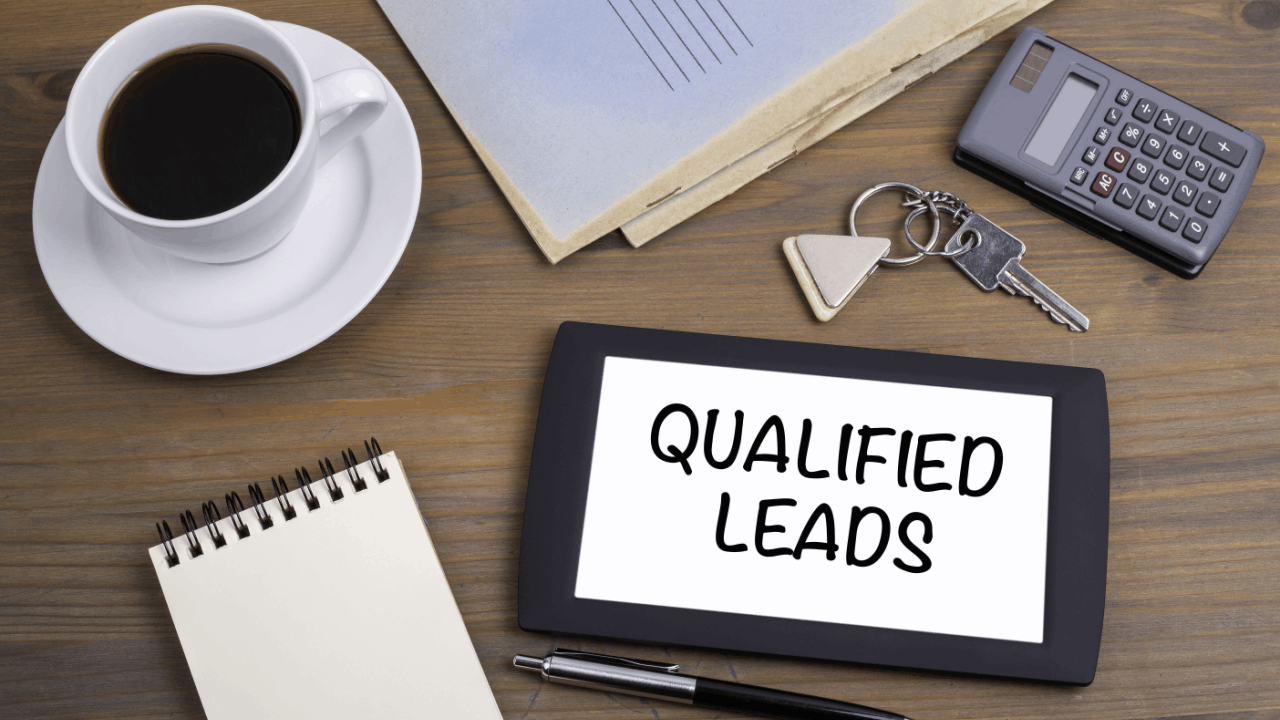- Mon - Fri: 8.30 AM - 5:00 PM
- 26565 Agoura Rd., 200, Calabasas, CA 91302
- 818-884-8075

Law Firm Lead Generation: Navigating Legal and Ethical Limits
Understanding What Is the Legal Limit for Lead in Law Firm Marketing
The legal industry is highly competitive, and understanding what is the legal limit for lead is crucial for law firms and individual attorneys aiming to secure clients while staying compliant. However, when it comes to legal leads, law firms must adhere to specific ethical and compliance regulations. This raises an important question: What is the legal limit for lead?
Understanding the boundaries set by legal marketing regulations is essential for law firms that engage in legal lead generation. These regulations, governed by the American Bar Association (ABA) and state bar associations, define how attorneys can ethically obtain qualified legal leads while maintaining transparency and compliance.
By following best practices in lawyer marketing, firms can attract high-quality law firm leads without violating legal advertising standards. This article explores the concept of legal lead limits, how they apply to law firm marketing, and strategies to ensure compliance while generating attorney leads effectively.
What Is a Legal Lead?
A legal lead is a potential client actively seeking legal representation. These leads help attorneys and law firms connect with individuals needing legal services in various practice areas, such as personal injury, family law, criminal defense, and corporate law.
Sources of Law Firm Leads
Law firms generate attorney leads from multiple channels, including:
- SEO & Content Marketing – Law firms rank on search engines through optimized websites and blog content.
- PPC Advertising – Paid ads on Google, Facebook, and LinkedIn target potential clients.
- Referral Networks – Existing clients and legal professionals recommend attorneys.
- Lead generation companies – Third-party services provide pre-qualified case leads that match specific legal services.
Qualified vs. Unqualified Legal Leads
Not all law firm leads are qualified legal leads. A qualified legal lead meets the following criteria:
- Actively seeking legal assistance for a specific issue.
- Fits within the firm’s practice area (e.g., personal injury, family law).
- Financially eligible (can afford legal fees or qualifies for contingency representation).
What Is the Legal Limit for Lead & How Does It Apply to Legal Lead Generation?
Law firms must follow strict legal marketing and advertising regulations to ensure ethical compliance in legal lead generation. The legal limit for lead refers to the rules set by ABA guidelines and state bar associations regarding how lawyers can obtain and use attorney leads.
Key Compliance Laws & Ethical Considerations
- ABA Regulations on Legal Advertising – Lawyers must adhere to ethical marketing practices when advertising their services.
- State Bar Rules – Each state has specific laws regarding how law firms can market their services.
- Consumer Protection Laws – Firms must avoid misleading marketing claims and false advertising.
Ethical & Compliant Lead Generation Strategies
Law firms can generate legal leads ethically through:
- SEO & PPC Advertising – Running compliant digital marketing campaigns.
- Referral-Based Lead Generation – Encouraging client and attorney referrals.
- Third-Party Legal Lead Generation – Partnering with compliant lead providers that align with ABA regulations.
Failure to comply with lead screening and advertising regulations can result in penalties, disbarment, or reputational harm.
Best Practices for Lawyers & Law Firms Using Legal Leads
To maximize legal lead generation while remaining compliant, law firms should implement these best practices:
1. Qualify and Screen Legal Leads
- Use intake forms to collect essential details such as case type, urgency, and financial eligibility.
- Implement lead screening processes to filter out unqualified inquiries.
2. Track and Optimize Lead Sources
- Use CRM tools to monitor legal marketing strategy effectiveness.
- Focus on high-converting channels, such as SEO, PPC, and referrals.
3. Follow Legal Advertising Guidelines
- Avoid misleading or exaggerated marketing claims.
- Ensure legal advertisements comply with ABA and state bar rules.
4. Improve Lead Conversion Through Fast Response Times
- Studies show responding to legal leads within 5 minutes increases conversion rates.
- Automate email and SMS follow-ups to engage leads immediately.
By following these best practices, law firms can successfully generate and convert qualified legal leads without violating legal lead limits.
Staying Compliant While Generating Legal Leads
Understanding what is the legal limit for lead is essential for law firms navigating the complexities of client acquisition. With increasing competition in the legal space, attorneys must ensure their marketing strategies are both effective and ethically sound. By adhering to ABA and state-specific advertising guidelines, screening leads properly, and partnering with compliant lead providers, law firms can grow their client base while protecting their professional integrity.
Generate High-Quality Legal Leads Within Legal Limits
If your law firm is ready to attract new clients without risking ethical violations, Legal Brand Marketing can help. Our lead generation services are designed with compliance in mind—ensuring your firm receives high-intent, pre-screened legal leads that align with your practice and jurisdiction.
Let us help you navigate the legal limits of lead generation while fueling your firm’s growth. Contact Legal Brand Marketing today to start building your compliant client acquisition pipeline.
Frequently Asked Questions (FAQs)
1. Can lawyers use paid social media ads to generate legal leads?
Yes, lawyers can ethically use paid social media ads (like on Facebook or LinkedIn) as long as the advertisements comply with ABA and state bar advertising regulations and do not include misleading claims or direct solicitations.
2. Is there a difference between exclusive and shared legal leads when it comes to compliance?
Yes. Exclusive leads are delivered to one firm, which helps ensure control and compliance, while shared leads may be more prone to misuse if handled unethically. Compliance depends more on how the leads are generated and handled, not their exclusivity.
3. Are law firms responsible if a third-party lead generator violates advertising rules?
Yes. Even when using a third-party, the law firm is ultimately responsible for ensuring that any marketing or lead generation efforts on their behalf meet ABA and local bar compliance standards.
4. What are the consequences of violating legal lead generation rules?
Violations can result in disciplinary actions, including fines, public censure, license suspension, or even disbarment depending on the severity and jurisdiction of the violation.
5. How can law firms audit or evaluate a lead provider’s compliance practices?
Firms should request detailed explanations of the lead provider’s marketing methods, review sample ad materials, ensure the provider doesn’t promise specific case outcomes, and verify the provider is not offering direct client referrals for a fee.
Key Takeaways
- Understanding “what is the legal limit for lead” is critical for ethical law firm marketing. ABA and state bar guidelines set strict boundaries on how lawyers can ethically obtain and advertise for legal leads.
- Qualified legal leads are more than just inquiries—they meet urgency, relevance, and financial criteria. Focusing on pre-screened, qualified leads improves efficiency and conversion while minimizing risk.
- Non-compliance with lead generation laws can result in serious consequences. From regulatory penalties to reputational damage, ignoring compliance puts both attorneys and firms at risk.
- Ethical lead generation includes SEO, PPC, referrals, and verified third-party providers. These methods offer scalable, compliant channels to attract legal clients without violating ethical standards.
- Rapid follow-up and proper intake systems increase lead conversion and protect against wasted spend. Responding within 5 minutes and using screening forms boosts client acquisition while maintaining compliance.





